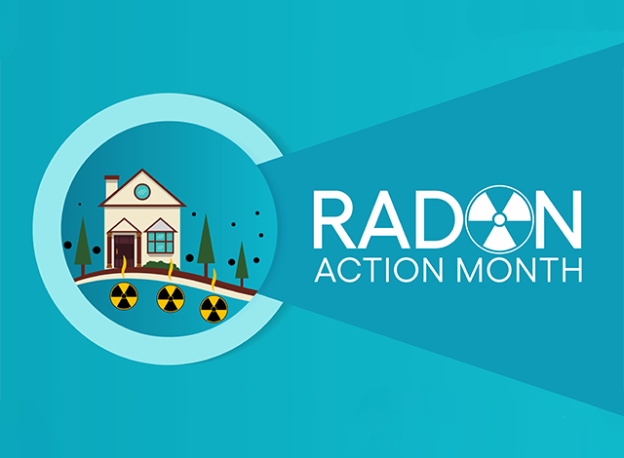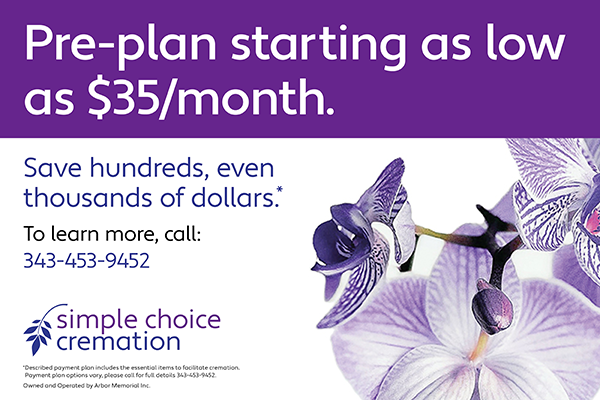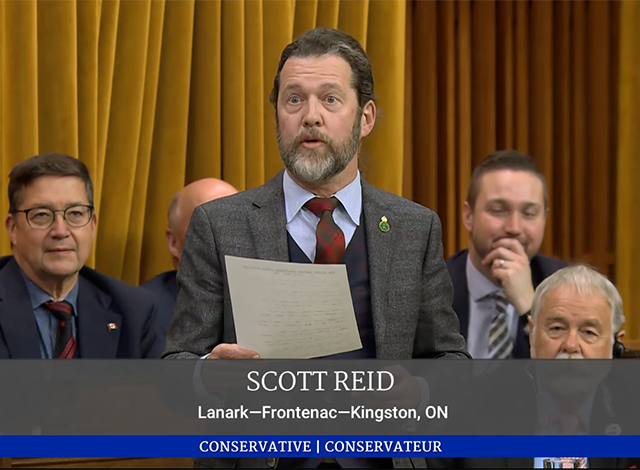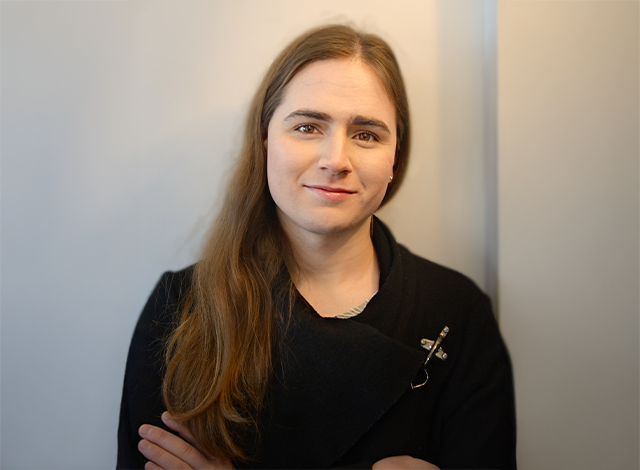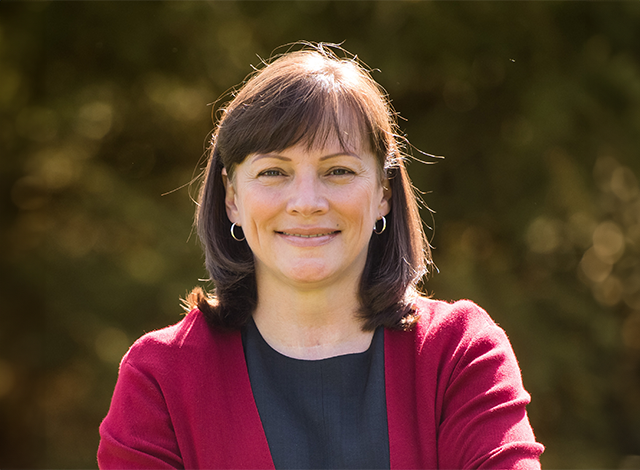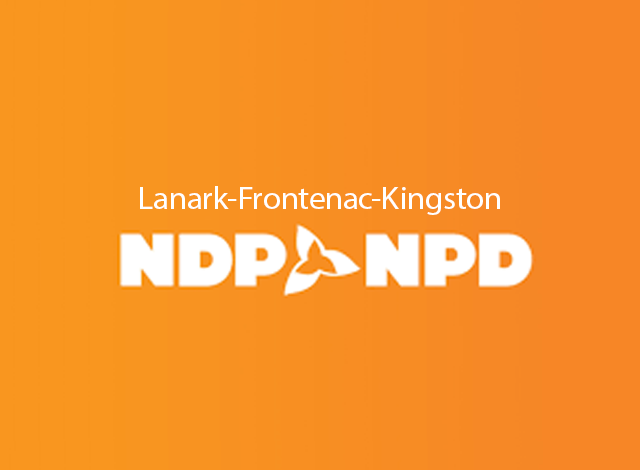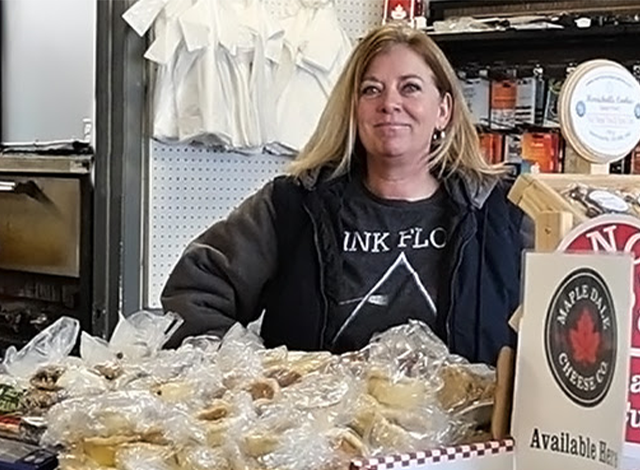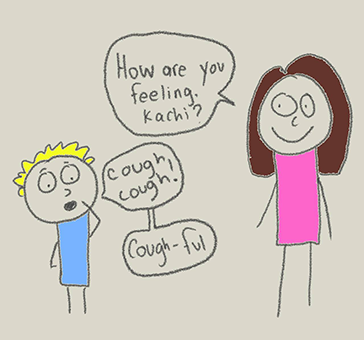November is Radon Action Month and the Leeds, Grenville and Lanark District Health Unit (LGLDHU) is encouraging homeowners to test their homes for radon.
Radon is the second leading cause of lung cancer, after smoking. The risk of developing lung cancer from radon exposure depends mostly on three factors: the level of radon you are exposed to, the duration of exposure, and smoking habits. Smoking or radon exposure can increase the risk of lung cancer; exposure to both enhances that risk.
Radon is a colourless, odourless, tasteless radioactive gas that occurs naturally in the environment. It comes from the natural breakdown of uranium in soils and rocks. When radon is released from the ground into the outdoor air, it is diluted and is not a concern. When radon is released in enclosed areas such as homes, it can accumulate to high levels and with long term exposure can cause a risk to health. Radon can enter homes through cracks in foundations, construction joints, gaps around pipes, sump pumps and drains, and exposed rock in basements, etc. Some radon will be found in everyone’s home. The health risk increases as the level of radon and the duration of exposure increases. Health Canada recommends that radon levels do not exceed 200 Becquerels per cubic metre (200 Bq/m3).
Health Canada recommends that homeowners do a long-term radon test, for a minimum of three months, during the fall or winter. Radon levels in a home can fluctuate throughout the seasons; levels are usually higher in the fall and winter when our windows are closed. The radon test kit should be placed in the lowest level of the home where homeowners spend a minimum of 4 hours per day.
If radon levels in your home are above the Canadian guideline (200 Bq/m3), Health Canada recommends hiring a professional certified under the Canadian National Radon Proficiency Program (www.c-nrpp.ca) to help reduce radon levels. Lowering radon levels in a home requires specific technical knowledge and skills to ensure the job is done properly. If you’ve tested for radon and received your result, you have options for reducing radon in your home. More information can be found here.
The Leeds, Grenville and Lanark District Health Unit has a limited supply of radon test kits available for purchase on a first come-first served basis and sold at cost ($27). Test kits can be purchased by visiting the Brockville or Smiths Falls offices. You can also purchase a radon test kit by contacting a local hardware store or visit https://takeactiononradon.ca/ for other options.
For more information visit the Health Environments page on the Health Unit website, email radon@healthunit.org or call 1-800-660-5853.





